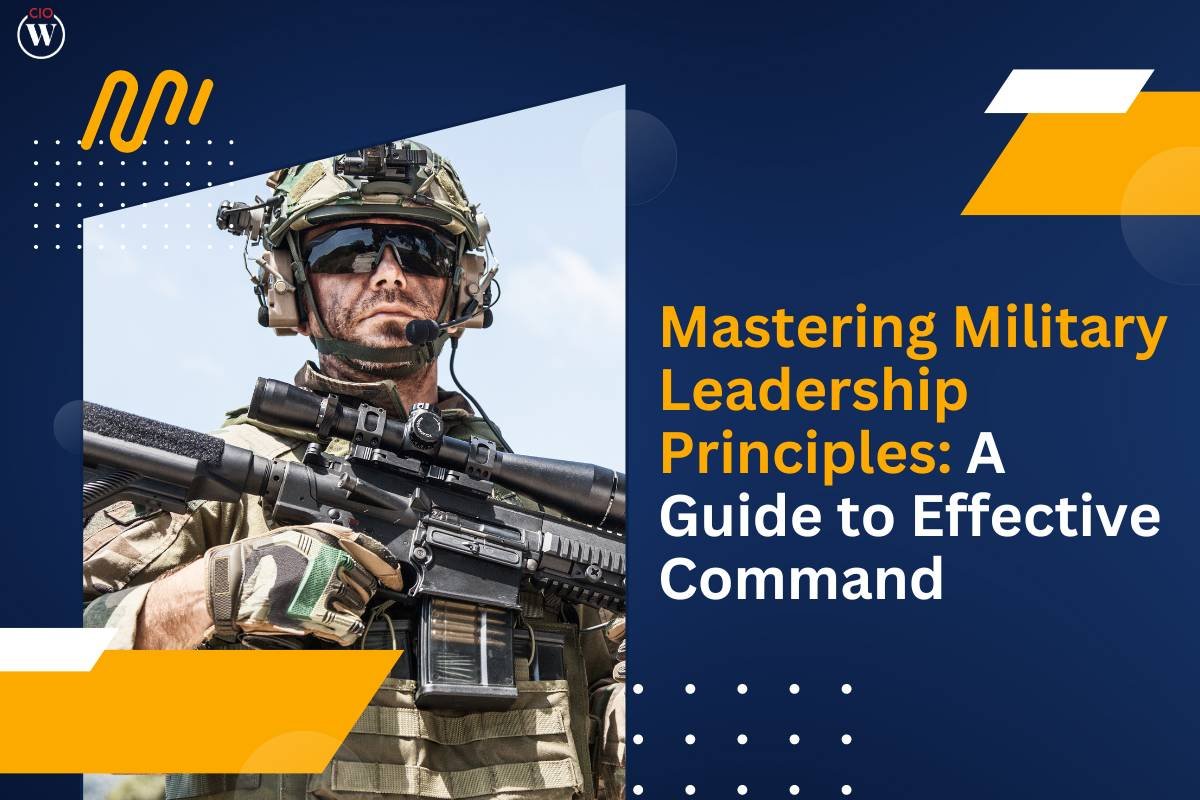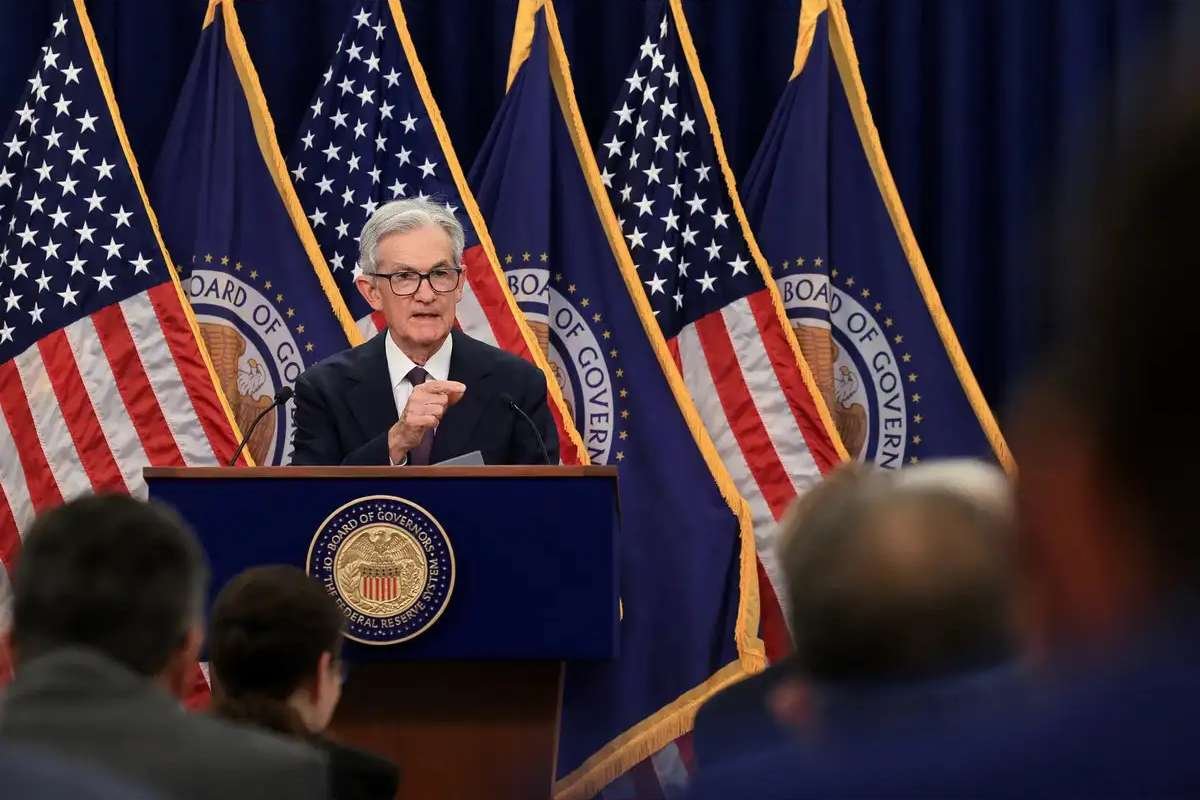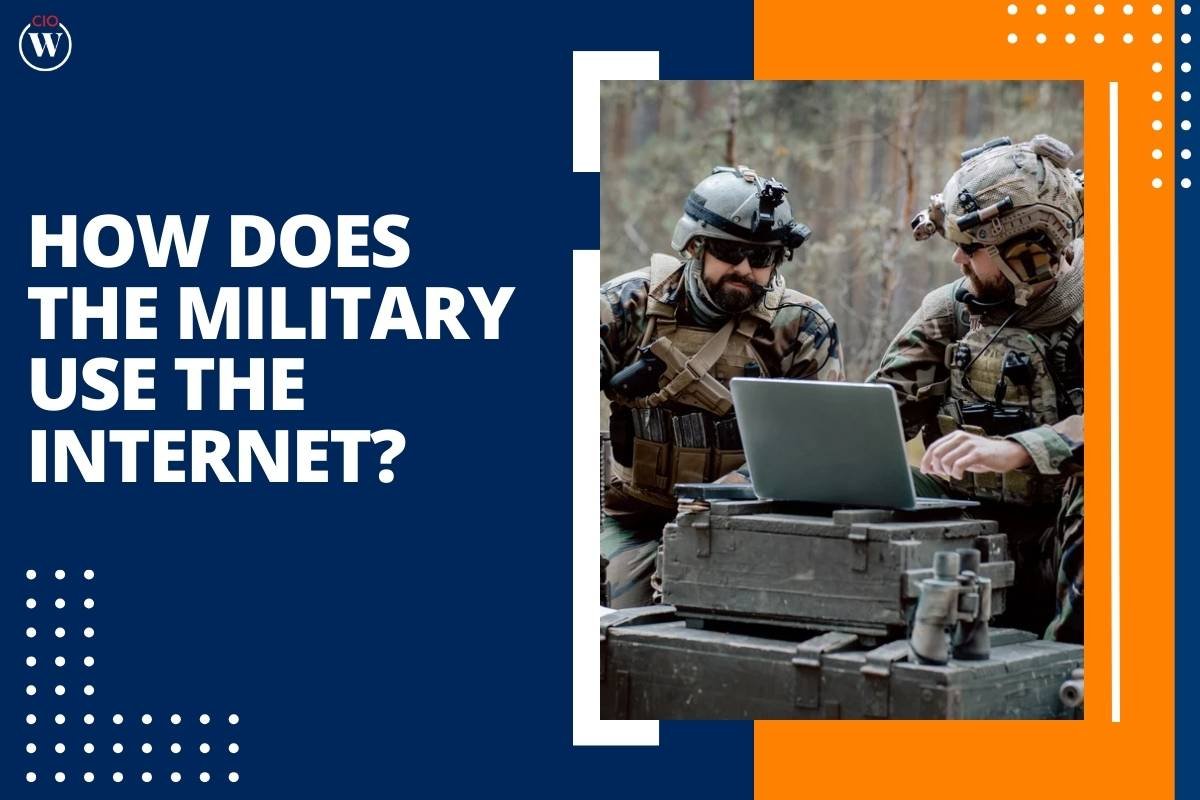Military leadership principles form the bedrock of successful and efficient armed forces across the globe. These principles, forged through centuries of military history and refined through countless battles, serve as a compass for commanders in navigating the complexities of warfare. In this article, we will delve into the core tenets of military leadership principles, examining their application in various contexts and highlighting their relevance beyond the battlefield.
Defining Military Leadership Principles
Military leadership principles encompass a set of guidelines and values that guide commanders in making decisions, leading troops, and achieving mission objectives. These principles are not only crucial for success in combat but also invaluable in cultivating disciplined and effective units.
Let’s explore some of the key military leadership principles that have stood the test of time:
1. Mission Command
At the heart of military leadership principles is the concept of Mission Command. This principle emphasizes decentralized decision-making, empowering subordinate leaders to act within the commander’s intent. It fosters initiative, adaptability, and a shared understanding of the mission among all members of the unit. In essence, Mission Command ensures that the entire team operates as a cohesive and agile force.
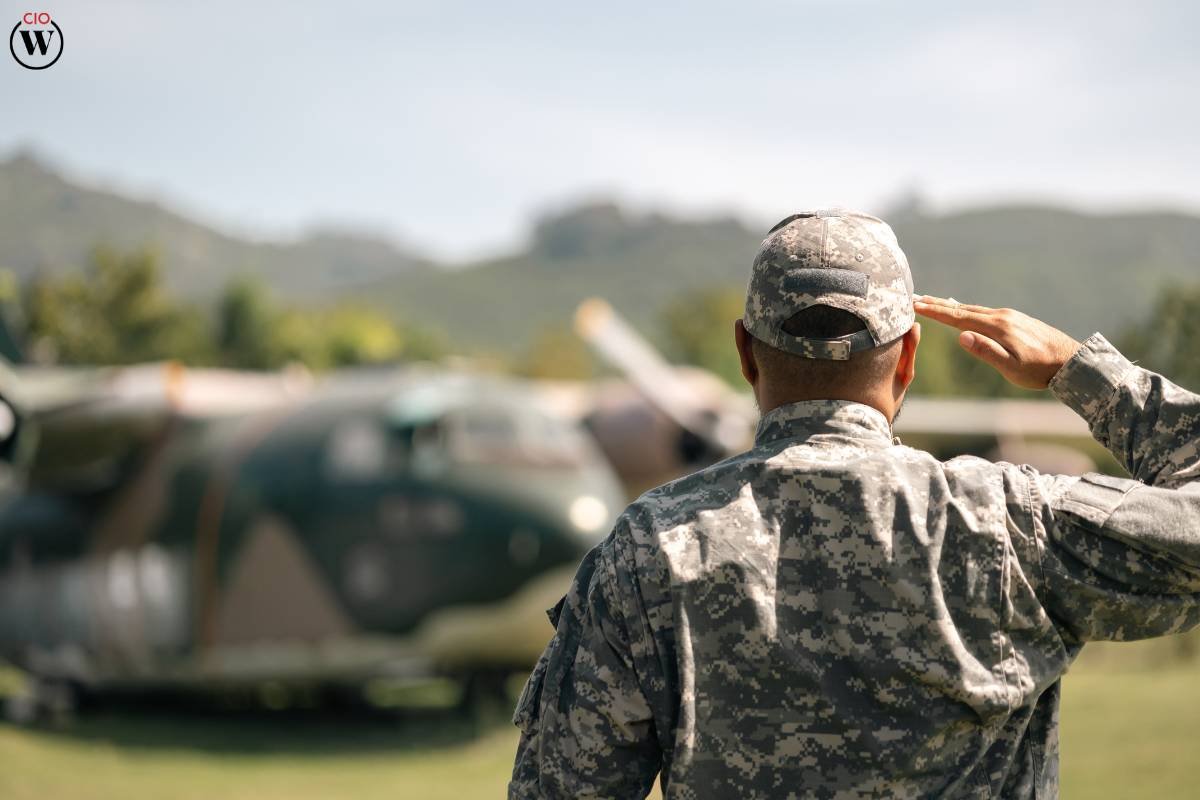
Effective military leaders incorporate Mission Command by clearly communicating the mission’s purpose, allowing flexibility in execution, and promoting a culture of trust among their subordinates. By decentralizing authority, commanders enable their teams to respond swiftly to dynamic and unpredictable situations.
2. Leading by Example
“Leadership is not about being in charge. It is about taking care of those in your charge.”
Simon Sinek
Leading by example is a cornerstone of military leadership principles. Whether on the front lines or in administrative roles, leaders must embody the values and standards they expect from their subordinates. This principle fosters a culture of discipline, professionalism, and mutual respect within the ranks.
By consistently demonstrating commitment, integrity, and a strong work ethic, military leaders inspire trust and confidence among their troops. This, in turn, enhances the overall effectiveness of the unit and contributes to a positive organizational climate.
3. Unity of Command
Unity of Command is a fundamental military principle that underscores the importance of a single, unified chain of command. In any military operation, clear lines of authority prevent confusion, minimize the risk of conflicting orders, and ensure a synchronized and coordinated effort.
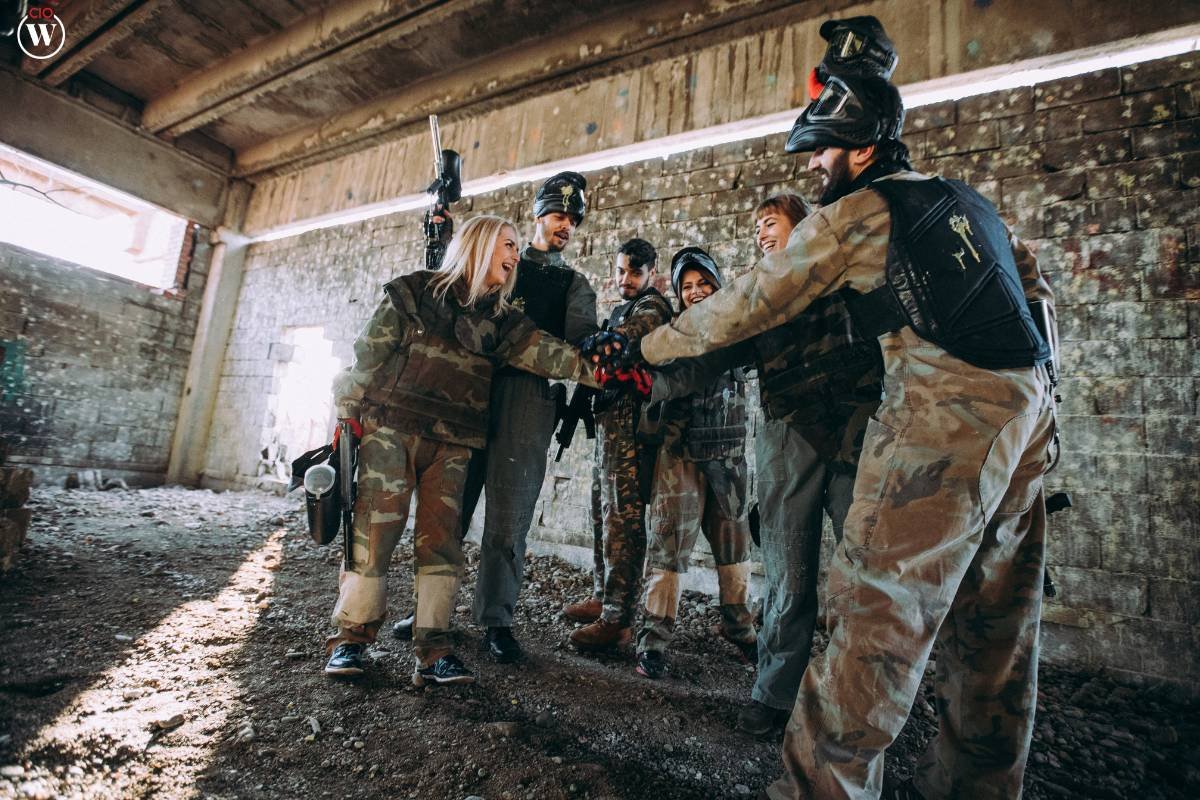
Within this principle, the keyword “Military leadership principles” is exemplified through the commander’s responsibility to provide clear guidance and directives to subordinates. This clarity promotes a sense of purpose and enables the entire unit to move in unison toward a common goal.
4. Decisiveness
In the chaos of battle, decisive action can be the difference between victory and defeat. Military leaders must make timely and effective decisions, even in the face of uncertainty. Decisiveness is a critical aspect of leadership, reflecting the ability to assess situations rapidly, choose the best course of action, and communicate directives with clarity.
Decisive leaders instill confidence in their teams and contribute to a sense of purpose and direction. This principle is underscored by the importance of decisiveness in achieving mission objectives and maintaining the overall cohesion of the unit.
5. Flexibility and Adaptability
“Adaptability is about the powerful difference between adapting to cope and adapting to win.”
Max McKeown
In an ever-changing operational environment, adaptability is a key military leadership principle. Leaders must be flexible in their approach, capable of adjusting plans in response to evolving circumstances. This flexibility is crucial in both strategic and tactical contexts, allowing military units to overcome unforeseen challenges and capitalize on emerging opportunities.
Military leadership principles are embedded in the ability of leaders to encourage innovation and foster a mindset that embraces change. By cultivating adaptability within their units, commanders ensure their teams remain agile and capable of responding effectively to dynamic situations.
6. Esprit de Corps
Esprit de Corps, or the spirit of the body, encapsulates the sense of unity, camaraderie, and pride within a military unit. This principle emphasizes the importance of fostering a positive and cohesive team culture. When troops feel a strong connection to their comrades and unit, they are more likely to demonstrate resilience, loyalty, and a willingness to go above and beyond.
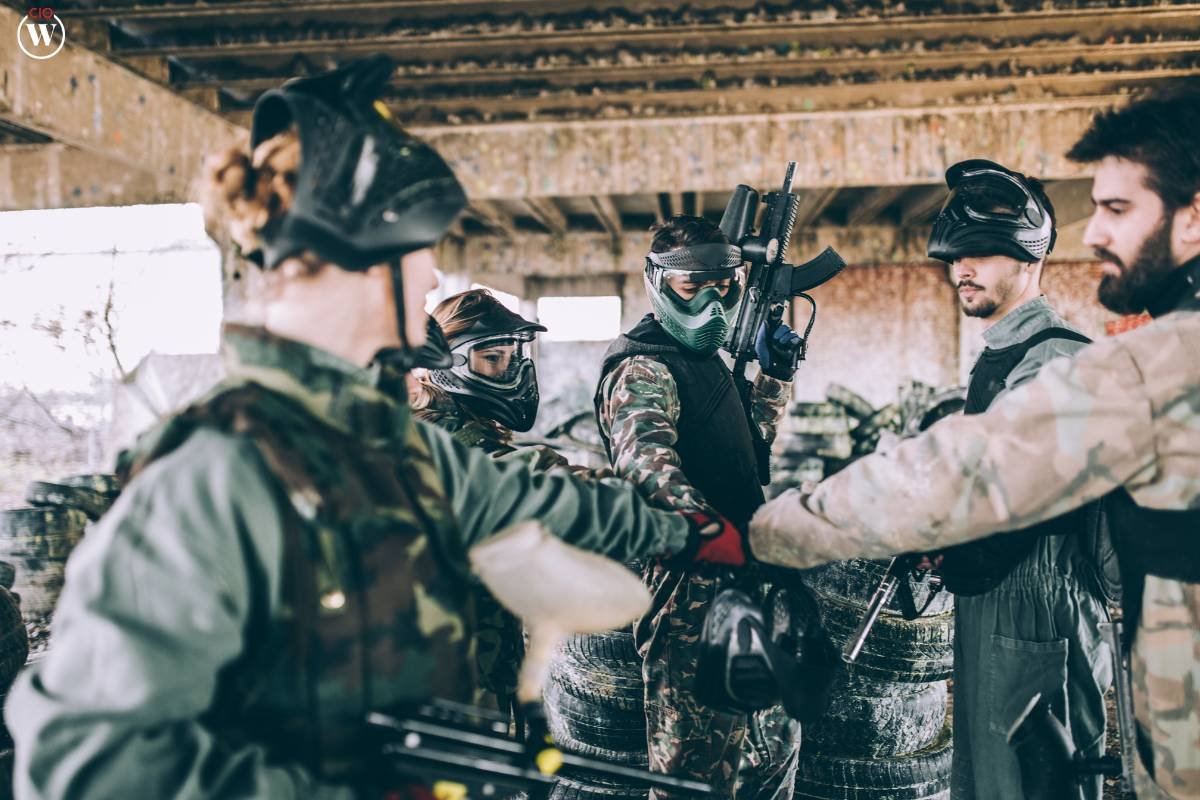
Esprit de Corps is a manifestation of military leadership principles through the creation of a collective identity that aligns with the values and objectives of the organization. Leaders play a pivotal role in nurturing this spirit, ensuring that it permeates every aspect of the unit’s activities.
Conclusion
In conclusion, military leadership principles are the guiding force behind effective command and successful military operations. The principles of Mission Command, leading by example, unity of command, decisiveness, flexibility, and adaptability, and esprit de corps form a comprehensive framework for leaders to navigate the complexities of warfare.
These principles are not confined to the battlefield; they have broader applications in various organizational contexts. Military leadership principles resonate through the core of these principles, emphasizing the significance of clear communication, decisive action, and a cohesive team culture.
By studying and embodying these principles, leaders, whether in the military or civilian spheres, can enhance their effectiveness, inspire their teams, and achieve success in the face of challenges. As we continue to navigate an ever-changing world, the enduring wisdom of military leadership principles remains a beacon for those seeking to lead with purpose and resilience.

